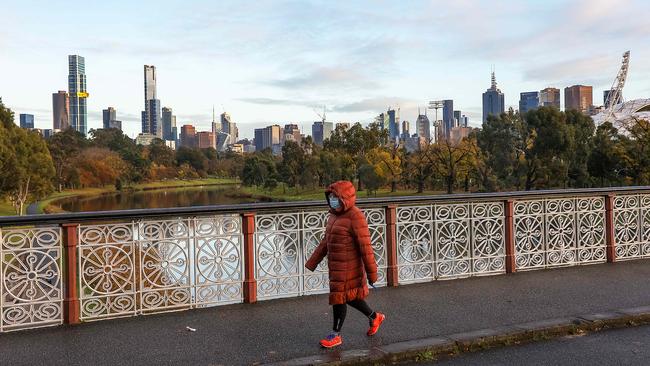
With the Morrison government under pressure over its belated vaccine rollout and the fiasco in aged care, the new policy on lockdowns comes with political risks. But it is essential to impose limits on endless fiscal support, resist moral hazard, and enunciate new principles as the fight against Covid operates in the recovery phase.
The media debate over the past week has been alarming in its support for an untenable assumption – that the national government must function as fiscal hostage to underwrite emergency lockdowns by the Victorian government, with its ongoing record of failure. This would be a serious policy blunder.
Australia’s focus now must shift to living with Covid in recovery – not more emergency measures from the 2020 syndrome.
In recent weeks, the Morrison government has bowed too much to the pandemic protectionism fanned by most premiers, and its display of spine this week was a welcome relief.
JobKeeper was a brilliant program. But it is finished.
The current economic recovery is stunning, but its scale cannot be sustained. The public debate is hooked on the culture of emergency largesse, but this culture must be put down.
Two challenges face the nation: a stern urgency in resisting Covid; and a tough-minded attitude towards the long-run economic recovery.
Once Victoria extended its lockdown for another seven days, financial support from the Morrison government for out-of-work Victorians became a no-brainer. Nothing else was tolerable in political terms. But that support comes with the creation of a new national policy: future federal support will apply only to areas deemed by the commonwealth’s chief medical officer to be hotspots – meaning that the Morrison government won’t necessarily accept the health decisions of the states.
This is an effort by Scott Morrison to impose consistency, proportionality and control over the premiers who have long engaged, NSW excepted, in populist lockdowns and de facto elimination agendas.
The national cabinet accepted the new framework on Friday.
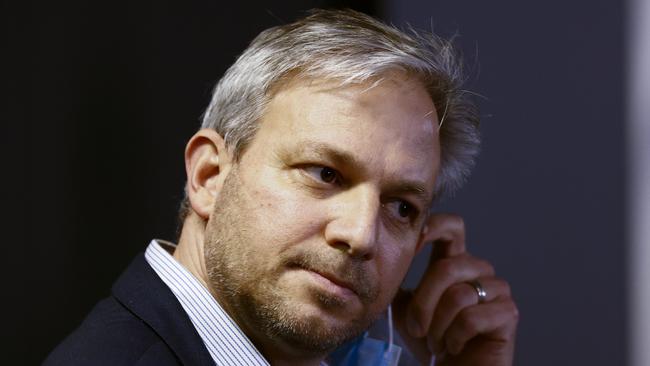
The Covid debate in this country runs along two contradictory lines: federal-state public blame-shifting as each level of government strives for advantage; and collaborative work through the national cabinet reflecting federal-state common interests in fighting the virus.
Current Covid politics are dangerous for the federal government. But Morrison and Josh Frydenberg have done the right thing at both stages of the Victorian lockdown – first in refusing the pathetic effort at intimidation by the Victorian government in blaming them for the initial seven-day lockdown, and then insisting on getting federal support; and second, having decided to offer cash support for the extended lockdown, tying that to strict new nationwide conditions.
The distaste for Victoria’s ineptitude cannot be missed. “Many people in Victoria are asking the same question: why us?”, Frydenberg said. The Morrison government disputes the basics in Victoria’s response, from its initial statewide lockdown to its incredible failure to get the QR code running properly.
“Since the national lockdown last year, Victoria has been locked down for 140 days compared with an average of only six days for the other states,” Frydenberg said.
In a telling radio remark, the Treasurer said: “It’s still the same virus, it’s still the same hotel quarantine system.”
The point being: why is Victoria so hopeless?
The language of its chief health officer, Brett Sutton, is shameful, branding the new virus variant a “beast”, thereby stoking public fear. Meanwhile, the Victorian Chamber of Commerce and Industry called for Victoria’s fourth lockdown to end, given revelations of two false positive cases, saying the response was “disproportionate” and was “driving a wedge through Victoria”.
The price paid by families is immense. In Victoria some schoolchildren have missed up to 21 weeks at school, while the average loss in NSW has been 29 days.
Frydenberg highlighted this week the 50,000-strong regional city of Mildura, 550km from Melbourne, with no cases in more than 13 months – yet it was a victim of the statewide lockdown.
Explaining his new principle, Morrison said the national government had “no part in decisions made by state governments” on lockdowns and, indeed, the premiers reminded him regularly of their health-policy power. But the Morrison government is now bringing its financial power to bear on the states – a long overdue event in the story of Covid.
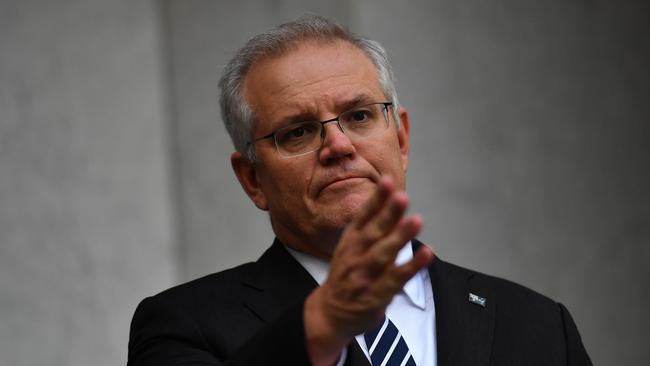
Morrison said it was “reasonable” that federal funds support lockdowns only where its own health advisers concluded they were justified. For too long in 2020 the premiers ran their own race, imposing lockdowns of unjustified severity but all bankrolled by JobKeeper.
“Where a commonwealth hotspot is no longer applied, then the payment ceases,” Morrison said of the new position.
In Victoria’s extended lockdown – because regional Victoria is exempted – there is an alignment, Morrison said, between the commonwealth and Victoria.
So, no conflict on the health ambit. But what happens if there is? Whether the politics can sustain Morrison’s new stance remains to be seen. The logic of the policy should force greater agreement between federal and Victorian health officials. Victoria, however, seems caught in a pincer movement – facing criticism from health experts about its tactics, while the business community laments the ongoing lockdown.
The bigger picture is that the politics of Covid are changing against the Morrison government. The core problem has been the slow vaccine rollout – where the federal government is responsible – with herd immunity offering the ultimate protection for the community.
The government said on Friday 56 per cent of people aged over 70 years had been vaccinated, meaning 44 per cent of the most vulnerable cohort remained exposed. Yet the vaccination tempo is taking off. It reached 750,000 jabs this week, compared with just 320,000 jabs a month ago. Invoking his success with Operation Sovereign Borders, Morrison announced on Friday that Lieutenant General John Frewen would become head of the Vaccination Task Force, empowering him with direct operational control across all agencies.
Branding the national cabinet meeting “positive and constructive”, Morrison announced the expected agreement between the national and Victorian governments to construct a new 500-bed quarantine centre in Melbourne, with the feds providing the capital costs and the state the running costs – a limited advance to bolster the quarantine system overall.
With the federal government politically vulnerable on the aged-care front, national cabinet also agreed to an “in principle” disposition to apply mandatory vaccination to aged-care workers. This is overdue. The medical experts are examining the method of implementation. Morrison said he supported the principle. In effect, the experts had to come up with a time frame for the task.
Don’t expect the broader aged-care residential issue to be sorted quickly. The government declared this a priority at the outset and has failed to deliver. During the week, Aged Care Services Minister Richard Colbeck made the humiliating admission he had no idea how many aged-care workers had been vaccinated.
The Morrison government’s financial support for Victoria is meaningful but limited. It will be paid to workers residing or working in a hotspot who cannot attend work because of state government restrictions. Those workers losing 20 hours or more of work will receive up to $500 a week, and those losing less than 20 hours a week will get $325.
Critically, they must have liquid assets of no more than $10,000. The payment will not apply for the first week of any lockdown, affirming the government’s earlier decision that Victoria should meet any needs over the first week. Funds will be provided under the disaster payment mechanism. It will trigger only for the second and subsequent weeks of lockdown. People already receiving welfare will not be eligible.
The policy means that short three- or five-day lockdowns by premiers will not fall within the eligibility for federal funds. Morrison wants to drive the other states towards the model of NSW Premier Gladys Berejiklian, who backs local lockdowns to stem outbreaks, but not shutting down either the entire Sydney region nor the state of NSW.
Under the agreement, Victoria will provide support for business and the Morrison government direct income support for people.
Frydenberg said the demand-driven payments scheme would cost $50m a week for every 100,000 people who qualified.
Yet the June 2 statement from Acting Victorian Premier James Merlino suggested support would be limited to 90,000 businesses in Victoria. Incredibly, Merlino renewed Victoria’s request to Morrison for JobKeeper support.
What is it that the Victorian government doesn’t get? The days of such open-ended support need to be over. People seem to have lost any sense of proportion, which is an alarming situation.
During the crisis, the federal government directed more than $45 billion in support to Victoria, an incredible amount, more than three times the sum delivered by the state government.
The idea that premiers should accept more financial responsibility for the consequences of their actions is an imperative, justified in policy and moral terms. The sheer lack of financial accountability of the premiers during 2020 was a political drug guaranteed to generate a dangerous addiction.
With perfect timing this week, respected economist Saul Eslake produced his long-run economic analysis showing that Victoria, under the Andrews government, has become a relatively poorer state (South Australia excluded) than other states and territories.
Expressed in per capita terms – often the best guide to living standards – he found Victoria’s economy grew by just 0.4 per cent yearly in the decade to 2019-20, less than one third of its performance over the previous decade. And it is less than half the national average of per capita growth of 0.8 per cent in the decade to 2019-20.
Victoria is failing in systemic terms. Its poor economic performance runs in parallel with its substandard health performance and the absence of accountability in its political system. Eslake’s analysis identifies two pivotal problems.
The Victorian economic model relied on population growth, not productivity, to generate economic income, and this masked its deeper structural defects. But the Covid experience and what Eslake calls its “over-the-top policing” means that its population-based growth model is itself in trouble.
Victoria needs major reform. Yet neither Labor nor the Liberal Party in that state seems capable of the task.
As for the rest of the country, there is a big lesson: avoid the Victorian model, with its culture of progressive complacency. That’s the wrong direction for Australia.



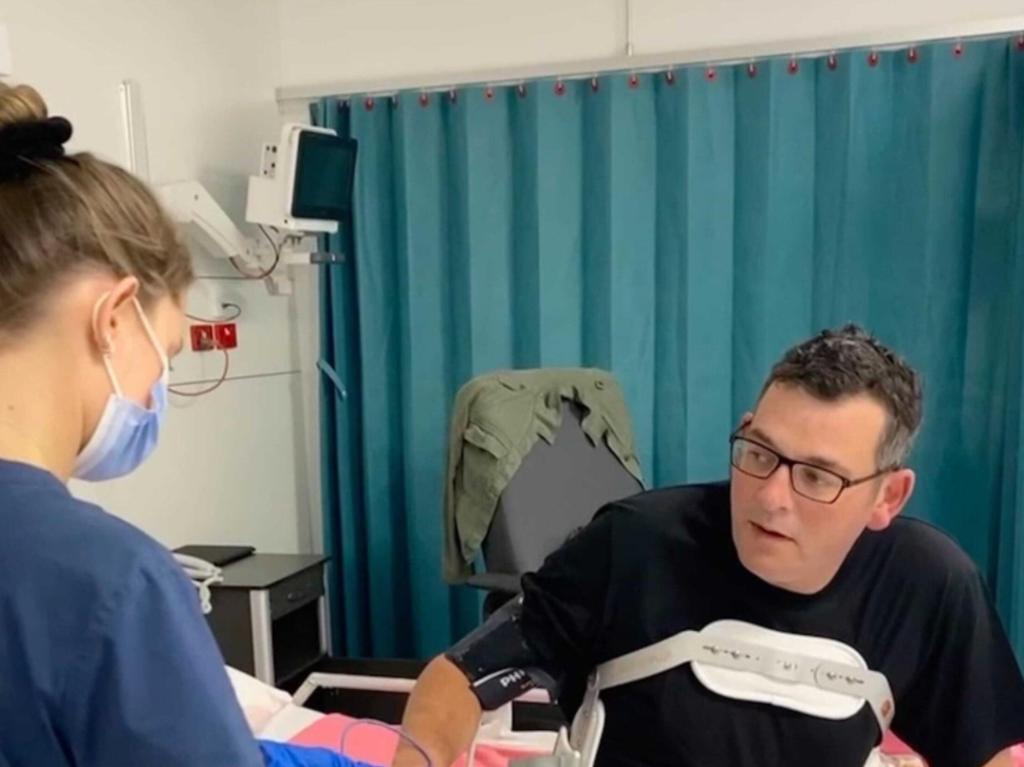
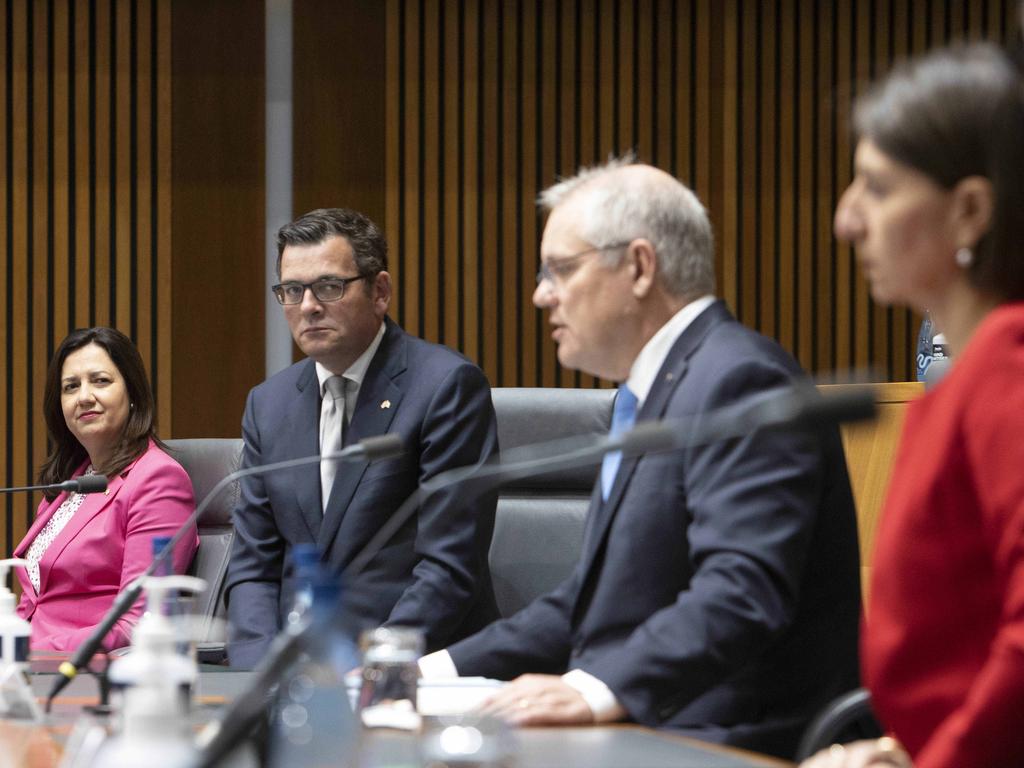
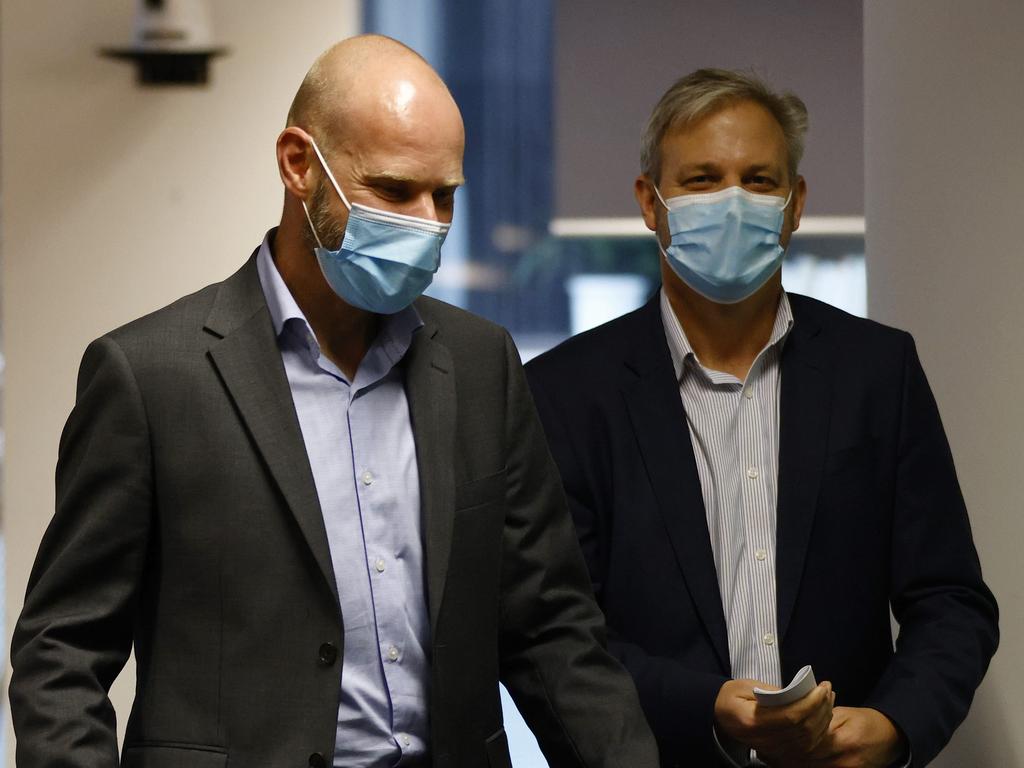


This week the Morrison government sent two message about the latest Victorian government lockdown – it will support the people of Victoria in hardship but it will no longer offer a blank cheque to inept premiers at the expense of other states (think NSW) that are fighting Covid with success.